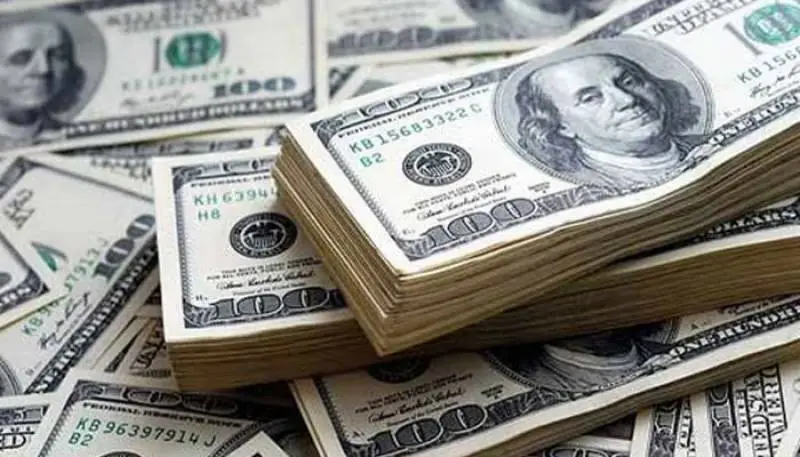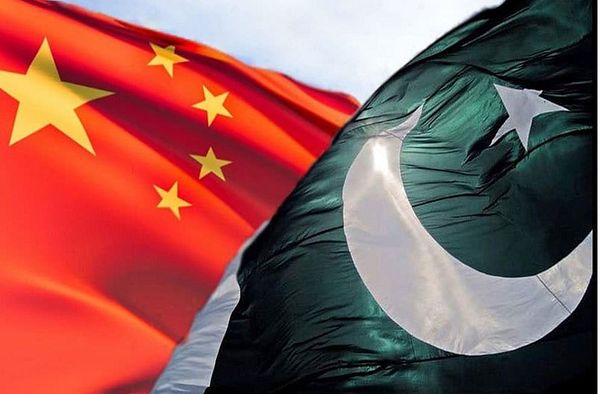ISLAMABAD: China has granted a rollover of $1 billion in SAFE deposits for a year, ensuring that the State Bank of Pakistan (SBP) will maintain its foreign exchange reserves at $8.7 billion.
The financing arrangement with the IMF, in line with the $3 billion Standby Arrangement (SBA). Required securing the rollover of deposits from bilateral partners, specifically from China, the Kingdom of Saudi Arabia, and the United Arab Emirates (UAE), to maintain comfortable levels of foreign exchange reserves held by the SBP.
An official from the Finance Division confirmed that China had granted the rollover of $1 billion SAFE deposits. Preventing any decrease in the SBP’s foreign exchange reserves.

In the last financial year ending on June 30, 2023, China had already grant a rollover of $1 billion in SAFE deposits. The maturity of this $1 billion SAFE deposit was initially set for the third week of the ongoing month. But it has now been extending by Beijing.
According to official documents, Pakistan was scheduled initially to repay $1.033 billion. They are comprising a principal amount of $1 billion and an interest payment of $33 million in July 2023. However, China has now rolled over the principal amount of $1 billion.
Furthermore, Pakistan had requested a rollover of a non-guaranteed debt of $2.077 billion from China for a two-year period.
ECC’s endorsement of the revised agreement with China
While the Ministry of Finance has not officially issued a statement regarding the ECC’s endorsement of the revised agreement with China. The ECC has also approved an Rs200 million technical supplementary grant for the Special Investment Facilitation Council (SIFC).
The SIFC, a civil-military hybrid council, aims to attract investment from the Gulf Cooperation Council (GCC) and other countries in sectors such as defense, agriculture, minerals, IT, and energy. However, the SIFC Secretariat has not yet become operational due to a lack of budget allocation.
Overall, China’s assistance in rescheduling debt and providing financial support has been crucial for Pakistan’s efforts to stabilize its economy and boost foreign exchange reserves.


